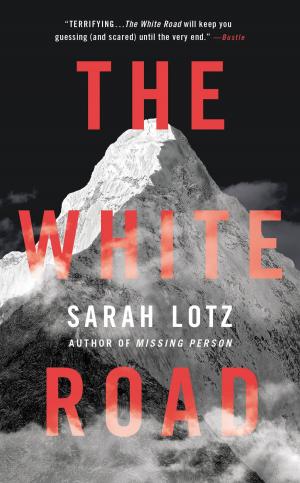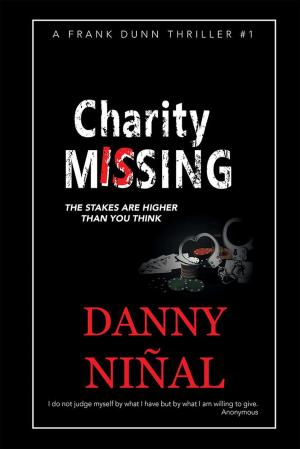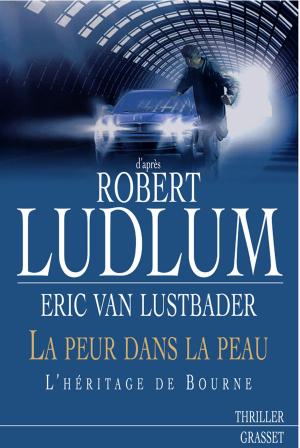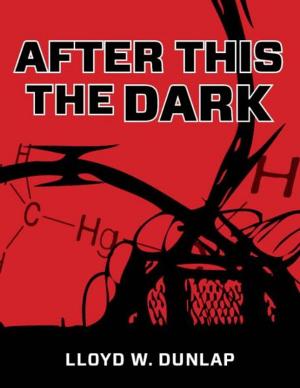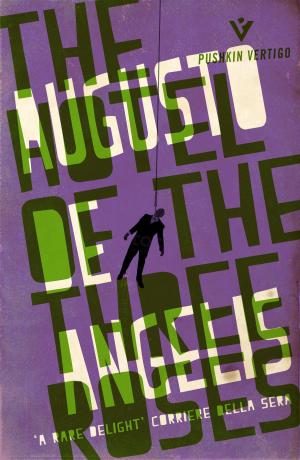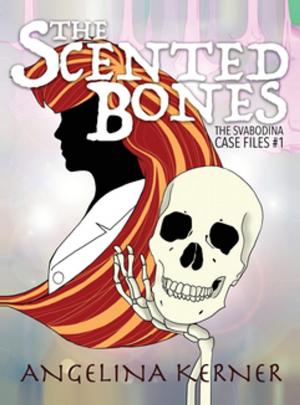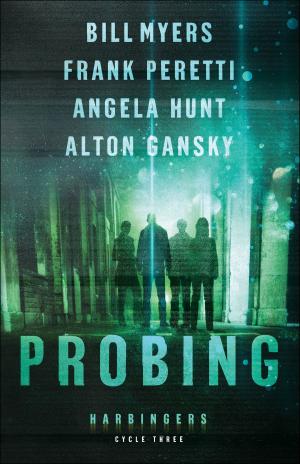Poison Widows: A True Story of Witchcraft, Arsenic, and Murder
Mystery & Suspense, Historical Mystery, Fiction & Literature, Thrillers| Author: | George Cooper | ISBN: | 1230000201464 |
| Publisher: | Tashmoo Productions | Publication: | December 8, 2013 |
| Imprint: | Language: | English |
| Author: | George Cooper |
| ISBN: | 1230000201464 |
| Publisher: | Tashmoo Productions |
| Publication: | December 8, 2013 |
| Imprint: | |
| Language: | English |
George Cooper's first book, Lost Love, won acclaim for its riveting portrayal of tender passions and sensational murder in old Manhattan. It was history rendered in a page-turning narrative style, a style that Cooper now applies to the 1930s and the infamous poison murder ring that infected the superstitious Italian immigrant community of South Philadelphia.
Poison Widows describes a world where the evil eye could bring ruin upon a family, where malevolent spirits stalked the living, and where the only relief lay in the fattuchiere, the witch doctors of the Old Country. It tells the story of a self-proclaimed sorcerer, Louie "the Rabbi" Bolber, who claimed he could cure cancer with a magic butter knife given to him by a Chinese witch; Paul Petrillo, who discovered that the Rabbi's love potion, while useless as an agent of romance, was quite a handy and seemingly untraceable poison; and the dozens of "poison widows"--women who, some as willing accomplices and others just foolish dupes, sent their husbands to an excruciatingly painful death. When the scheme was eventually uncovered, a protracted battle was waged upon the widows in the courts, urged on by a frenzied press and an ambitious district attorney.
Drawing on trial transcripts, press reports, and interviews with participants, Cooper paints a vibrant, darkly comic portrait of this sordid chapter in the history of crime. The parallels to recent trials, including the impact of media coverage and the awesome powers of a skilled lawyer to redefine "justice" on his own terms, gives Poison Widows the timeliness of a story sprung right from the headlines, mingled with the morbid timelessness of mankind's darkest nature.
George Cooper's first book, Lost Love, won acclaim for its riveting portrayal of tender passions and sensational murder in old Manhattan. It was history rendered in a page-turning narrative style, a style that Cooper now applies to the 1930s and the infamous poison murder ring that infected the superstitious Italian immigrant community of South Philadelphia.
Poison Widows describes a world where the evil eye could bring ruin upon a family, where malevolent spirits stalked the living, and where the only relief lay in the fattuchiere, the witch doctors of the Old Country. It tells the story of a self-proclaimed sorcerer, Louie "the Rabbi" Bolber, who claimed he could cure cancer with a magic butter knife given to him by a Chinese witch; Paul Petrillo, who discovered that the Rabbi's love potion, while useless as an agent of romance, was quite a handy and seemingly untraceable poison; and the dozens of "poison widows"--women who, some as willing accomplices and others just foolish dupes, sent their husbands to an excruciatingly painful death. When the scheme was eventually uncovered, a protracted battle was waged upon the widows in the courts, urged on by a frenzied press and an ambitious district attorney.
Drawing on trial transcripts, press reports, and interviews with participants, Cooper paints a vibrant, darkly comic portrait of this sordid chapter in the history of crime. The parallels to recent trials, including the impact of media coverage and the awesome powers of a skilled lawyer to redefine "justice" on his own terms, gives Poison Widows the timeliness of a story sprung right from the headlines, mingled with the morbid timelessness of mankind's darkest nature.


